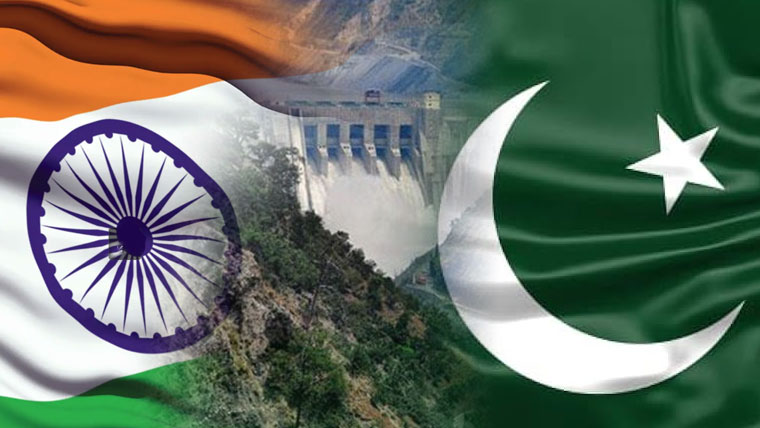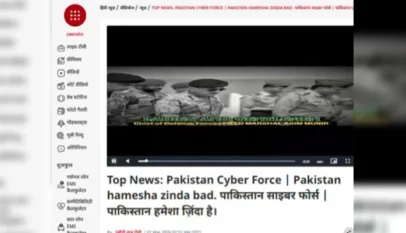
LAHORE (RNN TV) — India’s suspension of the Indus Water Treaty is a grave violation of international law. India’s recent move to suspend the Indus Water Treaty undoubtedly signals its aggressive and extremist posture. However, it is important to note that India cannot unilaterally suspend or terminate this treaty.
The Indus Water Treaty is an internationally recognised and guaranteed agreement. If India unilaterally suspends or revokes the treaty, it would cast doubts on all other international agreements it has signed with various nations. It must also be remembered that the World Bank is a guarantor of the Indus Water Treaty.
Can India unilaterally cancel or suspend the Indus Water Treaty? According to the terms of the treaty, India has no legal authority to suspend or terminate it on its own. Article 12(4) of the agreement allows for termination only when both India and Pakistan mutually agree in writing. In other words, to terminate the treaty, both states would need to draft a termination agreement and ratify it. The treaty includes no provision for unilateral suspension. It is an agreement of indefinite duration and is not bound by time or specific events.

India’s hasty suspension and blaming of Pakistan without any investigation not only undermines the treaty but also substantiates Pakistan’s stance that this entire activity was pre-planned.
Both nations are equally bound by the Indus Water Treaty. Any deviation from the treaty constitutes a breach. If India stops adhering to the treaty under the guise of “termination,” “suspension,” “withdrawal,” or “cancellation,” the real implication is that it has decided to block the flow of water into Pakistan. In other words, what India might term as “withdrawal,” Pakistan would consider a violation of international law. This false flak activity appears essentially aimed at undermining the Indus Water Treaty, which has stood firm despite decades of conflict and political strain.
If India takes such a unilateral step, it may trigger reciprocal measures. Pakistan, in response, retains the right to suspend other bilateral agreements, including the Shimla Agreement, under the principle of reciprocity and the broader framework of international diplomacy.
What would happen if India blocks the flow of Pakistani waters downstream? Could this set a precedent for China to do the same upstream? If India attempts to stop the flow of water from rivers into Pakistan, it would not only violate international water laws but also establish a dangerous precedent. According to international law, an upstream country (like India) does not have the right to obstruct the flow of water to a downstream country (like Pakistan), regardless of the existence of a treaty like the Indus Water Treaty. He argues that should India takes such a step, it would set a regional precedent that could be referenced under international law. This could benefit China, which might then justify obstructing the flow of the Brahmaputra River by citing India’s actions. Thus, India’s move would not only be dangerous for Pakistan but also ultimately harmful to India itself, as powerful countries like China are closely observing the situation.
The Indus Water Treaty, signed in 1960, is a robust and enduring agreement. It contains no clause allowing for unilateral suspension or termination. Any amendments can only be made through mutual consent and a properly ratified agreement. India’s unilateral suspension of the treaty not only violates the established mechanisms, such as the Permanent Indus Commission, neutral experts, or the Court of Arbitration for dispute resolution, but also contradicts the very spirit of the treaty. Despite several wars and political tensions in the past, this treaty has remained in force, reflecting its strength and importance as a pillar of regional stability.
Indian News channel hacked, pro-Pakistan content broadcast briefly
(Web Desk) — Indian television channel ABP News was temporarily disrupted after hack…















